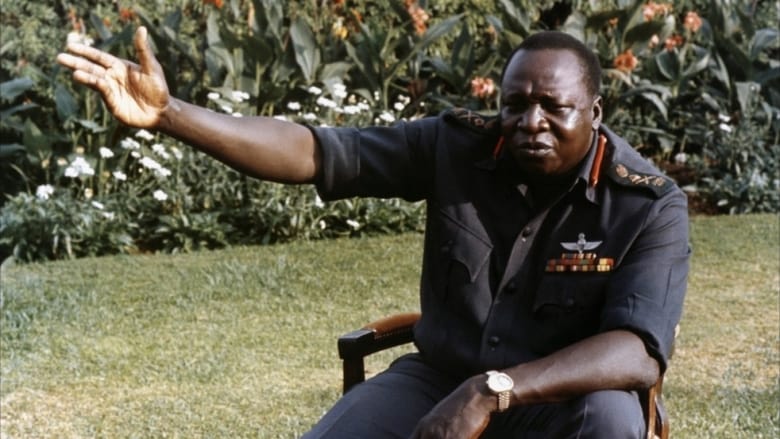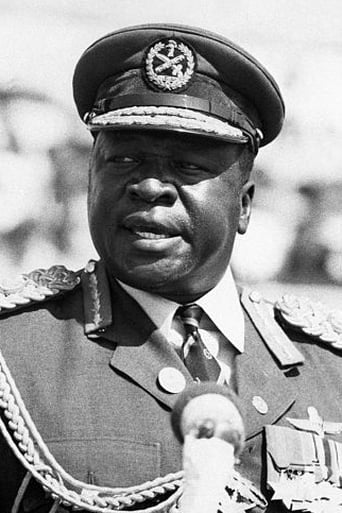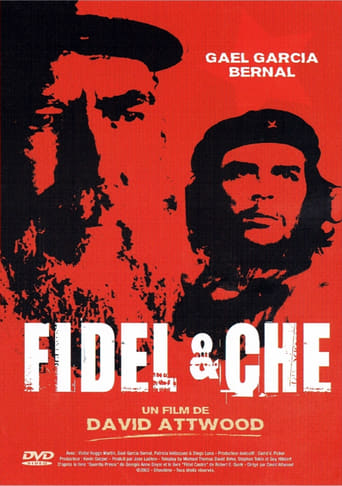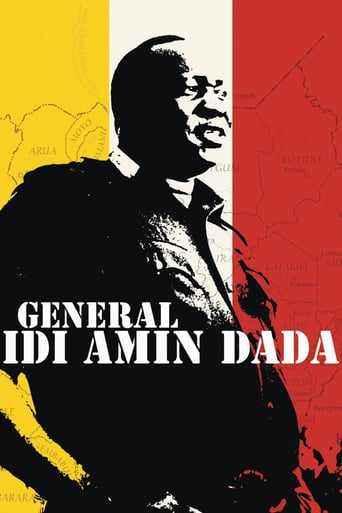
Filmmaker Barbet Schroeder shows the Ugandan dictator meeting his Cabinet, reviewing his troops, explaining his ideology.
Similar titles
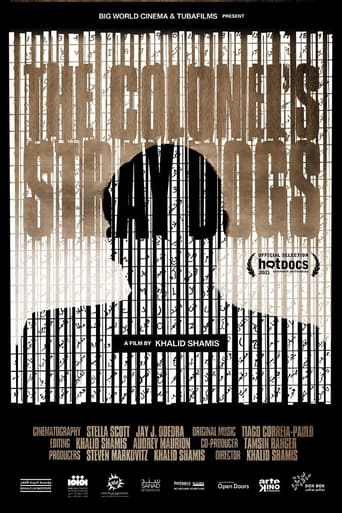

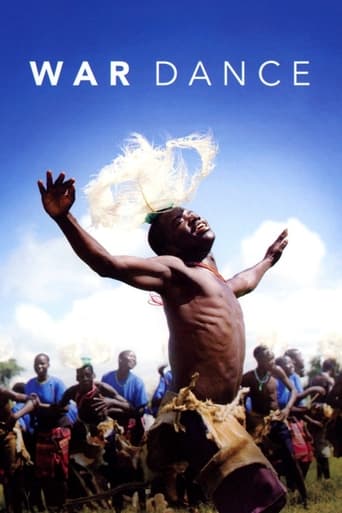

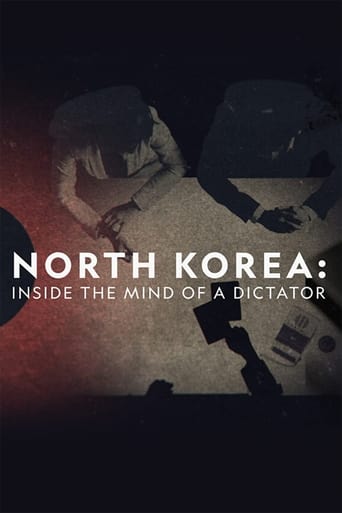



Reviews
Too much of everything
Excellent, Without a doubt!!
A Masterpiece!
Let me be very fair here, this is not the best movie in my opinion. But, this movie is fun, it has purpose and is very enjoyable to watch.
The documentary "Général Idi Amin Dada: Autoportrait" directed by Barbet Schroeder ("Murder by Numbers" and "The Reversal of Fortune") presents us the self-portrait of one of the most mindless dictators ever existed, the megalomaniac Idi Amin Dada, Uganda leader from 1971 to 1979. Self-portraits are dangerous in the measure that the audience will only get what the portrayed wants to reveal about himself, which is his good side, after all who wants to show his own bad temper and mean deeds to the world?It would be a funny picture, since most of the time Dada appears to camera always smiling, joking around about anything (the 'Save the British' fund with Uganda donations destined to England's poor economy at the time was hilarious), if we weren't forced to remember who the man on the screen is and why he's not funny. He might not appear as the cannibal some say he was, or the man who commanded the murder of thousands of people (the film only mentions the Minister of Foreign Affairs, who was alive during the making of the film, a voice over explain he was killed two weeks later, presumably because he wasn't effective in his duty), he might not appear as a bad man at all but we can sense his craziness, the absurd in the things he exposes or even in his fight against Israel. The guy is nuts and it was unbelievable someone like him had the chance to be the leader of a nation. But that's what power makes with people, it makes them greedy, blind to other peoples problems, it makes them unreasonable. And he was all that!The film doesn't add anything interesting but it's not Schroeder's fault, it's Dada's own fault this being something almost irrelevant. He controlled everything, he wanted to present his tender moments with his 18 sons, or his Discovery Channel moments where the crocodiles and a elephant pay tribute to the man (so he thinks that's what the animals are doing). And politically speaking this man and the film have nothing good to say except a enormous contradiction when Idi says he likes Nixon but hates Kissinger, both part of U.S. government. The guy didn't had a clue of what he was saying, making his presence here something laughable rather than a dignifying portrait of his legacy, and he could have made so much more for his country.It's good for historical references, it has its importance, quite good to watch but that's it. The man illustrated here was so light, so funny and so friendly that Forest Whitaker's Oscar winning performance in "The Last King of Scotland" was more terrifying and more realistic than Dada himself. 6/10
This documentary film is extraordinary in its own right. However, it is the interviews with director Babet Schroder (found on the DVD release of the film), specifically his retelling of the events around the time of the premiere of the movie in Paris, that propel this film to the level of incredible.Idi Amin's Autoportrait is most relevant today for its capacity to show an instance before more secretive, media-savvy dictators became the norm. Leaders today are of course still perfectly willing to say absurd things on film but, unlike that of Idi Amin's Autoportrait, today's spin is formidable. Key to this film's relevance is that one's imagination need not go far to consider what similarly candid documentaries of certain infamous dictators might look like if footage of them also escaped editing by political pressure. Following the premiere, this film was temporarily edited due to pressure from Idi Amin but thankfully was later restored to become an incisive portrait of the man. Such a portrait of any world leader would probably be quite difficult if not impossible today, making it a very relevant benchmark for those interested in how today's dictators interact (or don't) with media they don't fully control. Among other things, this film is especially of use for those interested in the extremes of state-society relations.
I have no idea what the "irrelevant now" comment means. That comment in itself is "irrelevant" and quite "idiotic." Meglomaniac dictators will be around forever. This was the rarest of rare portraits of one. It wasn't a single interview on 60 Minutes, it was a long month-long look into the dictator.While it doesn't go into the holocaust he perpetrated on the Ugandans (a very valid point above,) the final meeting with the doctors shows exactly the fear and paranoia he felt. It is in the final scene; with Amin breathing heavily into the microphone, gulping down spit, eyes darting around the room in fear, that we can see what led him to kill 300-500,000 of his own people.Also, when Idi does his Crocodile Hunter impression ("there are more crocodiles here than anywhere in ze vhurld") it is more jarring because it's where and whom he fed the bodies of those he murdered.Keep in mind as well, that the murders were only beginning when the film was made. The film is effective in showing what led to the holocaust of the Ugandan people.
This film is a documentary/biography piece on Idi Amin Dada, and as such it's the story of an atrocious madman responsible for the murder of thousands.Be that as it may, if the film were fictional it would be brilliant. Scenes like the off-tune band playing in the background and labeled "revolutionary band" lest anyone confuse them with an establishment or reactionary band, or how Idi uses what looks like a second-hand news helicopter and a rag-tag company of infantry running about in a simulated attach of the Golan Heights are absolutely ridiculous. Lacking an aircraft to train his paratroopers, he simply makes them roll onto the ground from less than 1 m elevation. He goes on a 5 minute rant about how the fruit markets in Nigeria and Ghana are open at 5 AM while Uganda is falling behind. He has more medals on his uniform than there are gold coins left in the treasury when he's done "massaging" and "modernizing" the economy. Almost completely illiterate and certainly not lacking in spontaneity, I.A.D. was probably the biggest lunatic of the late 20th century.Only see this film if you've got the stomach for him -- few people do, and that's a good thing!
Top Streaming Movies











